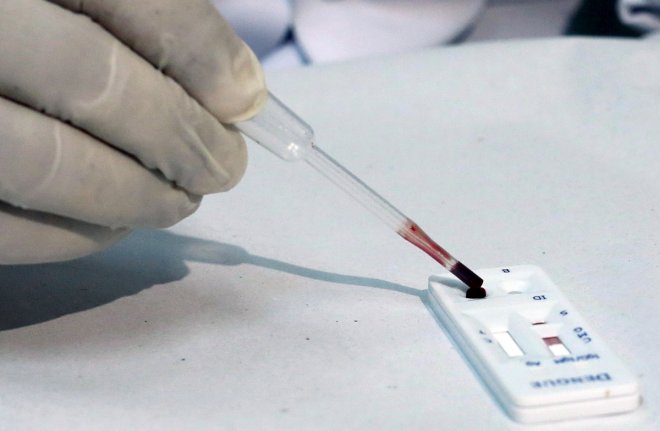
Undergoing a type of hormone replacement therapy -- used for menopausal treatment -- may help protect as well as improve working memory for some women as they age, according to a new study.
Hormone replacement therapy uses female hormones -- oestrogen and progesterone -- to treat common symptoms of menopause and ageing.
The findings showed that women taking oestrogen-only therapy had lower levels of the stress hormone cortisol and performed better on tests of "working memory" following exposure to stress compared to women taking a placebo.
"Our study suggests that oestrogen treatment after menopause protects the memory that is needed for short-term cognitive tasks from the effects of stress," said lead author Alexandra Ycaza Herrera, a researcher at the University of Southern California - Davis.
To measure the effect of oestrogen therapy on working memory under stress, the team recruited 42 women with an average age of 66.
Half of the postmenopausal women had been on estradiol -- a type of oestrogen therapy -- for approximately five years, while the others had received a placebo.
The researchers, in the paper published in the Journal of Clinical Endocrinology and Metabolism, collected saliva to measure the women's levels of cortisol, oestrogen, and progesterone.
They also ran a test of working memory called a "sentence span task", in which the women were each given a series and then asked whether each sentence made sense. They also were asked to recall the last word of each one.
While women receiving oestrogen therapy had a smaller increase in cortisol and showed no decrease in working memory function, even after being exposed to stressful situation, those taking the placebo experienced a spike in cortisol levels as well as demonstrated a decrease in working memory function.
Previous studies have pointed to potential health risks -- A higher risk of breast cancer, heart disease, stroke and blood clots -- of the treatment.
Thus, Herrera noted that "hormone replacement therapy may not be right for every woman, but women need to be able to have the conversation with their doctors".
Indo-Asian News Service









